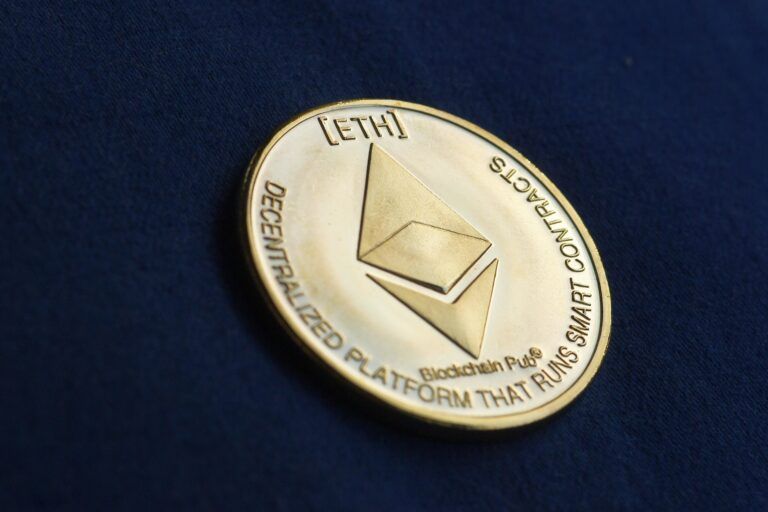Microsoft, the software and personal computing giant behind the Windows and Xbox brand, has published a new research paper showing how Ethereum can be used to combat piracy.
According to Cointelegraph, Microsoft’s research department, in conjunction with participants from Alibaba and Carnegie Mellon University, has released a new research paper studying a blockchain-based incentive system to support anti-piracy efforts.
The report, which is titled “Argus: A Fully Transparent Incentive System for Anti-Piracy Campaigns,” featured a blockchain system built on Ethereum’s network. The project’s goal was to provide a trustless incentive mechanism that could prevent piracy during data collection and distribution.
The report reads:
We see this as a distributed system problem. In the implementation, we overcome a set of unavoidable obstacles to ensure security despite full transparency.
Argus uses an innovative “proof of leakage” mechanism to watermark it’s algorithm, allowing pirated content to be backtracked to the source. Microsoft’s researchers hope the practicality of Argus in combating anti-piracy will help shift efforts to a “fully transparent incentive mechanism.”
The report also addressed the issue of costly Ethereum transactions, saying the team was able to optimize its cryptographic operations:
The cost for piracy reporting is reduced to an equivalent cost of sending about 14 ETH-transfer transactions to run on the public Ethereum network, which would otherwise correspond to thousands of transactions.
Disclaimer
The views and opinions expressed by the author, or any people mentioned in this article, are for informational purposes only, and they do not constitute financial, investment, or other advice. Investing in or trading cryptoassets comes with a risk of financial loss.
Image Credit
Image by “Ageless Finance” from Pixabay








